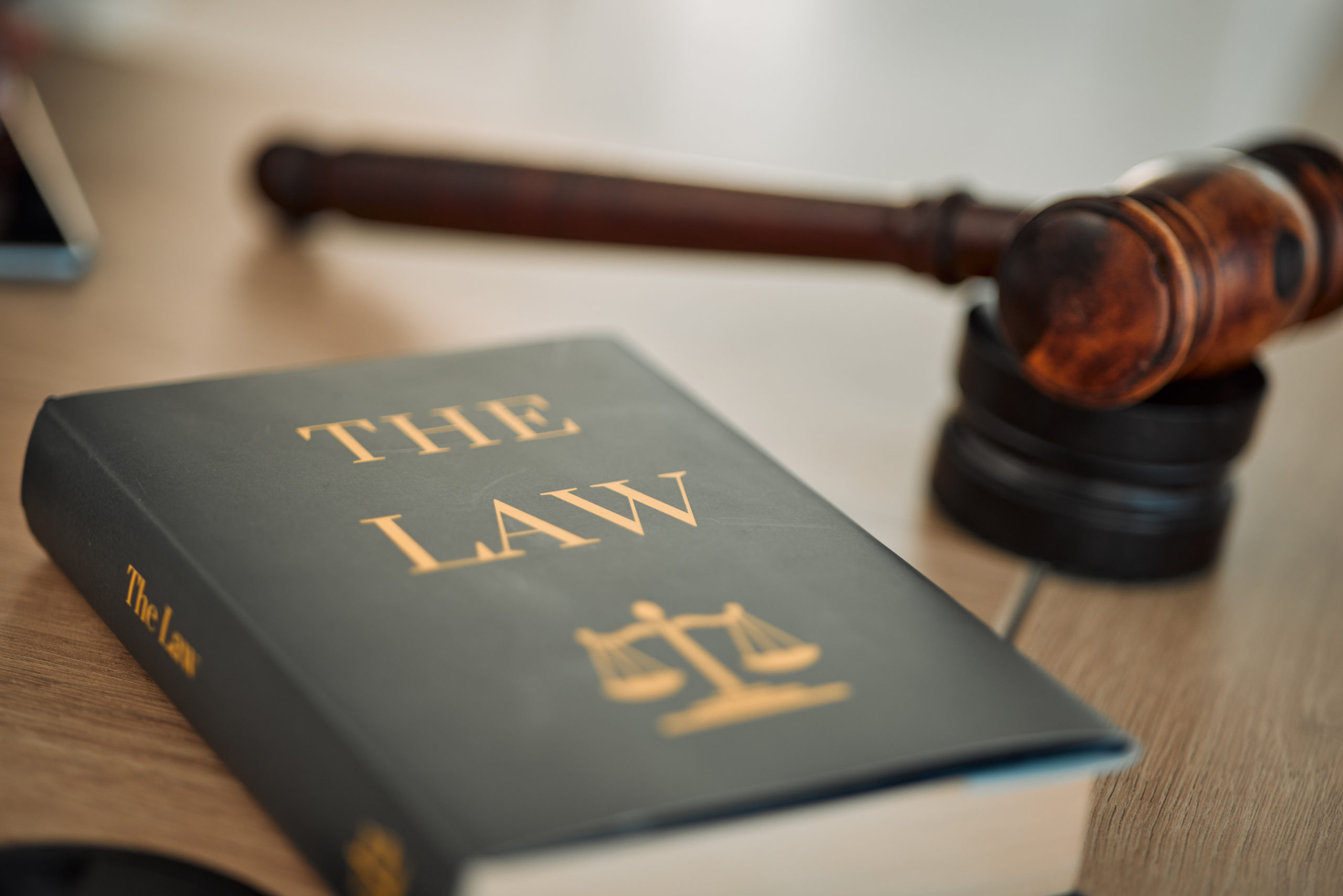In the theater of justice, amid the bustling courtroom, there stands a figure whose presence commands respect and whose decisions shape the very fabric of society. This figure is the judge – a symbol of impartiality, wisdom, and authority. While often overshadowed by the drama of trials and legal battles, the role of a judge is crucial in upholding the principles of justice and maintaining the rule of law.
At its core, the role of a judge is multifaceted, encompassing various responsibilities that extend far beyond the confines of the courtroom. One of the primary functions of a judge is to preside over legal proceedings, ensuring that trials are conducted fairly and in accordance with the law. From civil disputes to criminal cases, judges serve as arbiters of justice, carefully weighing evidence, interpreting the law, and delivering verdicts that reflect the principles of fairness and equity.
Beyond their adjudicative role, judges also play a vital role in shaping the legal landscape through their decisions. Through precedent-setting rulings and interpretations of the law, judges contribute to the evolution of jurisprudence, influencing the trajectory of future cases and shaping legal doctrine. This power to interpret and apply the law is a profound responsibility, requiring judges to possess not only a deep understanding of legal principles but also a keen sense of justice and equity.
Moreover, judges serve as guardians of individual rights and liberties, ensuring that the rights enshrined in constitutions and laws are upheld and protected. In cases where government actions infringe upon fundamental rights, judges act as a check against executive and legislative overreach, safeguarding the principles of democracy and the rule of law. Through their decisions, judges have the power to protect the rights of the marginalized, promote equality, and hold those in power accountable.
However, the role of a judge extends beyond the courtroom and into the community at large. Judges are often called upon to engage in outreach efforts aimed at educating the public about the legal system, promoting access to justice, and fostering trust and confidence in the judiciary. Through community events, educational programs, and outreach initiatives, judges work to demystify the legal process, empower citizens to exercise their rights, and promote a greater understanding of the law and its role in society.
Despite the importance of their role, judges often face significant challenges in carrying out their duties. From managing heavy caseloads to grappling with complex legal issues, the demands placed on judges are considerable. Moreover, judges must navigate the pressures of public scrutiny and maintain their independence and impartiality in the face of external influences. Yet, despite these challenges, judges remain steadfast in their commitment to upholding the principles of justice and fairness.
In essence, judges are the unsung heroes of the legal system – diligent, impartial, and committed to upholding the rule of law. Through their wisdom, integrity, and dedication, judges play a vital role in ensuring that justice is served and that the rights and liberties of all individuals are protected. As guardians of justice and champions of the law, judges embody the ideals upon which our legal system is built, and their contributions are indispensable to the maintenance of a just and equitable society.

